The Laboratory for Extracorporeal Circulation research was established in 1978 within the Institute of Physiology, of the Medical Faculty at RWTH Aachen University. The original objective has been to initiate research on artificial internal organs, particularly focusing on extracorporeal circulation applications, with regard to the physiological performance of artificial organs, their interactions with natural tissues/organs and identification of pathophysiological mechanisms.
ECC Lab’s activities encompass scientific topics from pure research to prototype development and preparation for clinical applications, whilst considering relevant factors and combining them in our conduct. Within the scope of ECC Lab falls also the education and training of young students and scientists interested in “high-tech” biomedical research. Driven by the principle of promoting interdisciplinary collaboration between engineering, medical and natural sciences, joint projects between different institutes, SMEs and large corporations are frequently established.
Pivotal to the success of this working group has been the foundation of the “Collaborative Research Center” (SFB 109 supported
by the German Research Council – DFG) within the RWTH Aachen University for interdisciplinary research in the field of artificial organs.
ECC Lab has traditionally functioned as a cooperation partner in many national and international research projects at the very outset, such as the “European Concerted Action” on development of oxygenators in 1976, the establishment of the “Aachen Interdisciplinary Center for Clinical Research (IZKF)” in 1995 within the Medical Faculty of Aachen University, and the organization of the 30th Congress of the “European Society for Artificial Organs (ESAO 2003)” in Aachen – subtitled as “High-tech and Medicine”.
Furthermore, ECC Lab has been a cornerstone of the interdisciplinary “Master Program for Biomedical Engineering” for international students at RWTH Aachen University from its inception.
ECC Lab, is now an association of scientists, alumni, and students mutually inspired by this branch of life sciences carrying on the pursuit of the same goals. Remaining internationally active in teaching and research collaborations ECC Lab passionately promotes the development of unique medical devices and the design of “high-tech” strategies for gradual implementation in clinic settings.
